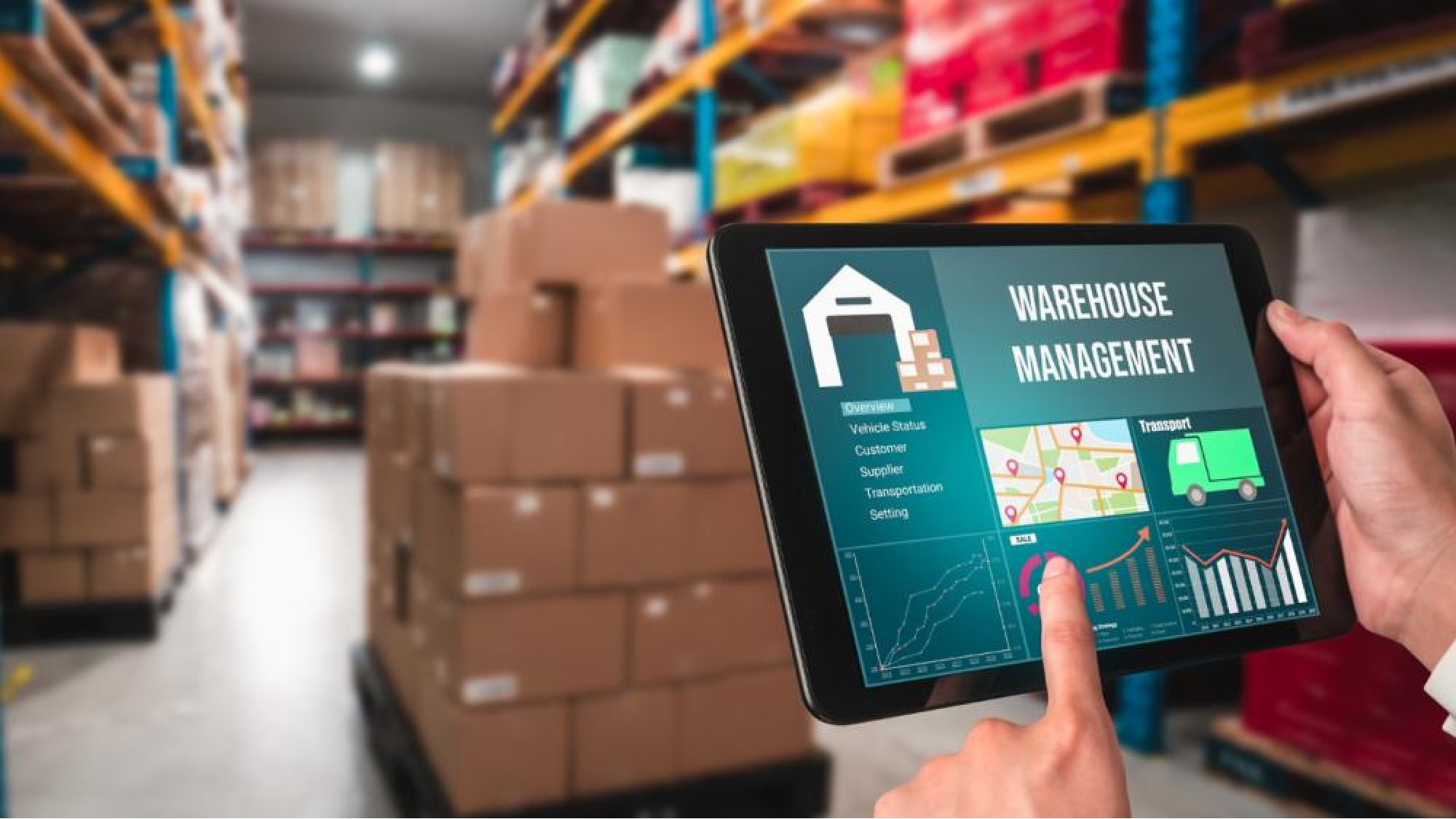ERP vs Standalone Software: Which is Best for SMEs?

Small and medium enterprises (SMEs) face a crucial decision when adopting software: Should they invest in a comprehensive Enterprise Resource Planning (ERP) system or opt for standalone software (Custom System Application) for each function? Both solutions have their advantages, but choosing the right one depends on business needs, scalability, and budget.
Comparison of ERP and Standalone Software
- ERP Systems: All-in-One Solution
- Integrates multiple business functions (finance, HR, inventory, CRM)
- Centralized data management
- Suitable for growing businesses with complex needs
- Standalone Software: Best for Specific Needs
- Specialized solutions for accounting, sales, or HR
- Lower initial cost
- May require multiple integrations as the business scales
Industry Use Cases
- Retail: ERP provides inventory tracking, while standalone POS software focuses on transactions.
- Manufacturing: ERP streamlines supply chain management, whereas standalone tools manage production separately.
- Service-Based Businesses: CRM software may suffice for client management, but ERP offers broader automation.
Which One Should You Choose?
- If your business is growing and needs integration, ERP is the best choice.
- If you need quick, low-cost solutions for a single function, go for standalone software (custom system application).
Need help choosing the right solution? Contact Searchneasy for expert advice and tailored software solutions!
